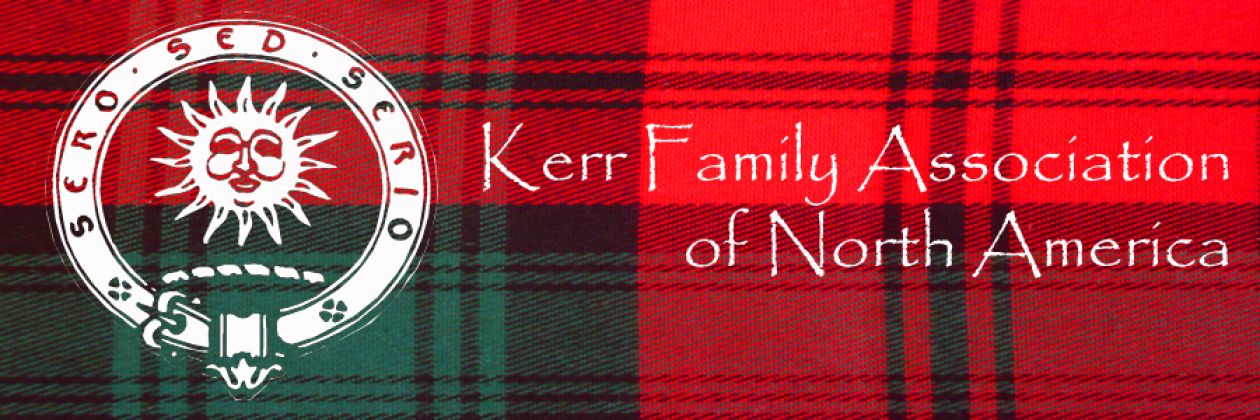In the 1544, Mary Guise who was the wife of James V of Scotland gave birth to Mary (who eventually became Mary, Queen of Scots). Henry the VIII was King of England.
Henry had plans for the infant Mary. He wanted to arrange a marriage between his son, Edward and Mary. The fact that Mary was an infant and Edward was nearly grown had no bearing on the marriage (according to King Henry).
The royalty of Scotland did not have any qualms about the marriage, all that was needed was the Scottish Parliament to give its’ consent. The majority of the residents of Scotland at that time were Catholic, while the English were protestant. The influential Cardinal Beaton put pressure on the Scottish Parliament to reject the marriage – which they did.
This decision made King Henry furious. In 1544, the king instructed the Earl of Hereford to “Put all to fire and sword, burn Edinburgh, raze and deface it so that it may remain forever a perpetual memory of their falsity and disloyalty. Sack Leith and burn and subvert it, and all the rest putting man, woman and child to the sword without exception…” And so it went. The destruction was widespread.
The British were back in 1545, to further their destruction. However, this time the Scots were ready. The British were short of soldiers, so they hired mercenaries – some of them were Kerrs. The British and their mercenaries camped at Ancrum Moor.
The battle took place on February 15, 1545.
Initially, the Kerrs were held in reserve. Although they were outnumbered, the Scots fought with ferocity and were beating the British quite handily. The Kerrs, seeing this decided to switch sides and fight for the Scots. They attacked the British from behind. Eventually, the Scots won the day.
To add insult in injury, the battle drew a crowd of Scottish women who were incensed that the British would cause such destruction. If there were any wounded British soldiers on the battlefield that day, the women made sure that they would never fight against Scotland again.
Because they joined the battle late, the Earl of Arran gave the Kerrs the motto “Sero Sed Serio” or “Late, But In Earnest”
